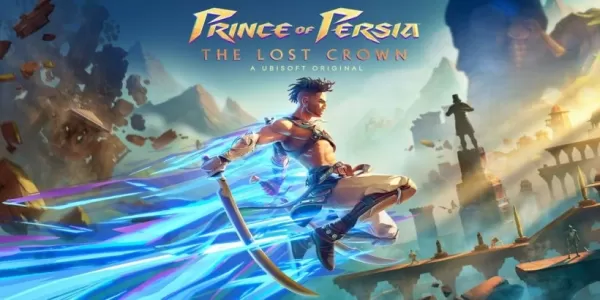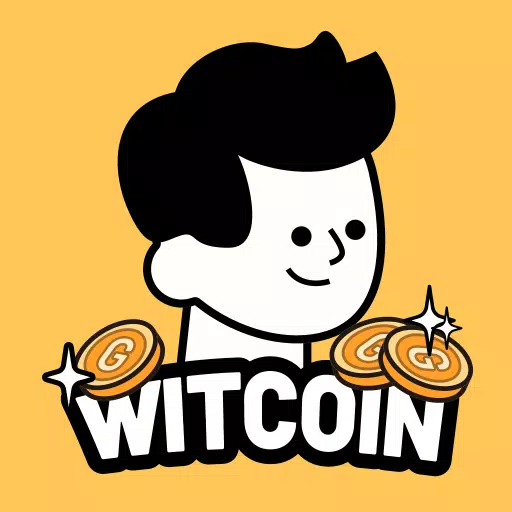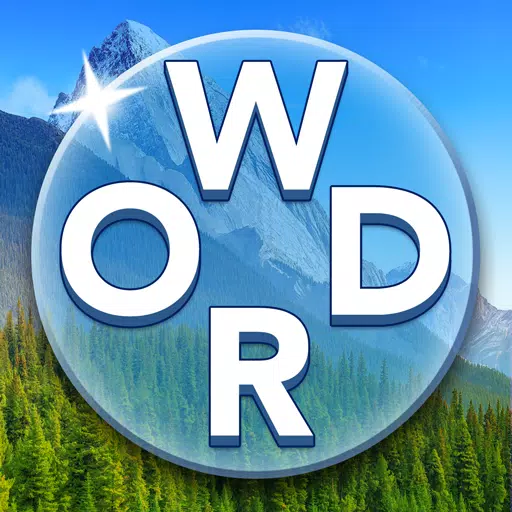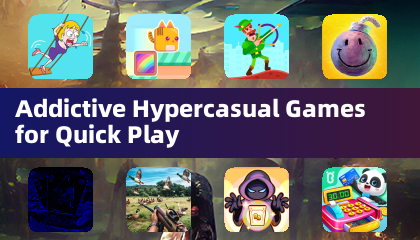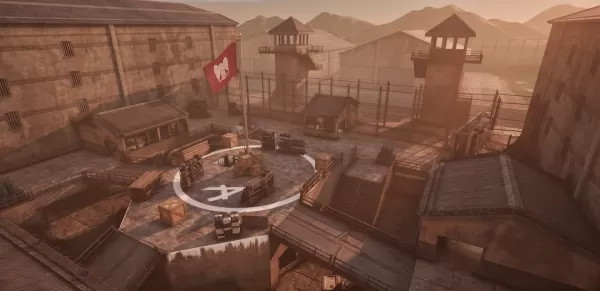

Amidst industry-wide layoffs, studio closures, and shrinking funding, gaming studios are facing unprecedented challenges. Enrique Fuentes, CEO and co-founder of Teravision Games, felt this turbulence firsthand after launching Killer Klowns From Outer Space. Despite positive reception - including a 7/10 from IGN praising its faithful adaptation of the cult film - the studio struggled to secure new projects in 2024's difficult market.
Pivoting to Fortnite's Creative Playground
Facing an uncertain future, the veteran team at Teravision (whose members boast 20 years of industry experience) turned to an unexpected solution: developing within Fortnite's creative ecosystem. Within a year, they've produced three Unreal Engine for Fortnite (UEFN) games, with their fourth - launching today - utilizing The Walking Dead's official UEFN content pack.

Their latest project, Courtyard King, is a King of the Hill-style multiplayer game set in The Walking Dead universe. Developed in partnership with Robert Kirkman's Skybound Entertainment, it features authentic character models and incorporates story elements crafted with the original IP's writers. "We never imagined collaborating with Skybound through UEFN," Fuentes admits, highlighting how user-generated content (UGC) has become a major force in gaming.
The UEFN Advantage
For Teravision's engineers, UEFN's familiar Unreal Engine framework provided an accessible platform for rapid prototyping. Game designer Martin Rodriguez notes the tools streamline development: "It removes boilerplate work, letting us focus on creative experimentation." Their first UEFN project, Havoc Hotel, evolved into a popular Fortnite roguelike series, with the third installment becoming a consistent top performer.
Creative director LD Zambrano discovered UEFN games require different design philosophies: "They're like playground experiences where social interactions matter as much as structured competition." This philosophy shaped Courtyard King's innovative infinite-match format, where players can freely switch teams mid-game to create emergent, Walking Dead-style betrayal scenarios.

A New Model for Indie Studios
"UEFN has completely changed our business model," Fuentes explains. Compared to multi-year traditional projects, UEFN allows faster iteration with manageable risk: "We can support our 80-person studio through shorter development cycles - weeks instead of years." This approach gives independent studios access to major IPs and established player bases while maintaining creative control.
For struggling developers seeking alternatives to conventional publishing models, Teravision's success suggests UEFN might offer a viable path forward - one that combines the reach of platforms like Fortnite with the creative freedom of independent development.

